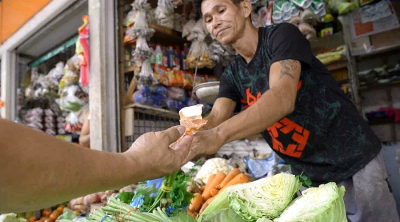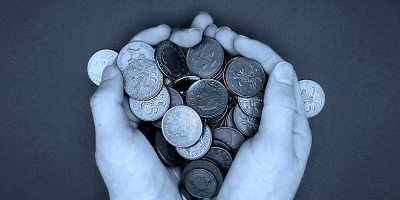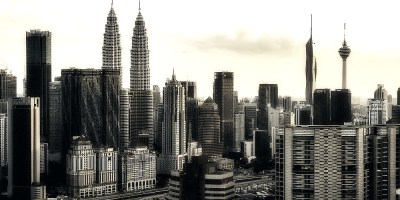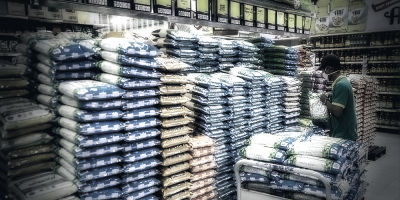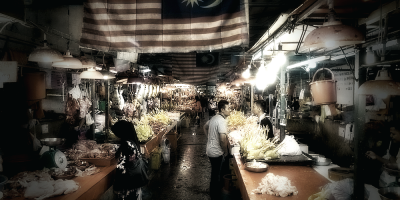How to feel happy if we have to dig deeply into our pockets to satisfy the most basic daily needs?
The Statistics Department announced days ago the country’s June CPI (consumer price index) at 127.4, up 3.4% from the 123.2 recorded in the corresponding month last year.
Biggest contributor to the rise, the food index was up 6.1%, followed by transport 5.4%, restaurants & hotels 5.0%, furnishings, household equipment & routine household maintenance 3.4%, miscellaneous goods & services 2.2%, and recreation services & culture 2.2%.
In short, the continuous hikes in goods and service prices have significantly increased the financial burden of Malaysians.
Although the official inflation rate is a relatively mild 3.4%, what the people in the street feel is way beyond what these icy numbers illustrate.
Prices of chicken, eggs and milk have been rising steadily, forcing many to tighten their belts and spend more frugally. Eating out without breaking the bank is not easy.
According to statistics, prices of roti canai have gone up by as much as 10.5%, a mixed rice lunch 9.7%, meats 7.8%, and noodles 7.0%. The steep prices have frustrated and impoverished many.
As if that’s not enough, we not only have to face the spiralling inflation, we are also made to bear the brunt of an economic slowdown.
During the past two years of pandemic, supply chains have been disrupted globally due to virus lockdowns, sending many companies out of business. Many people have gone out of work while others suffer drastic pay cuts, complicated by the skyrocketing goods prices.
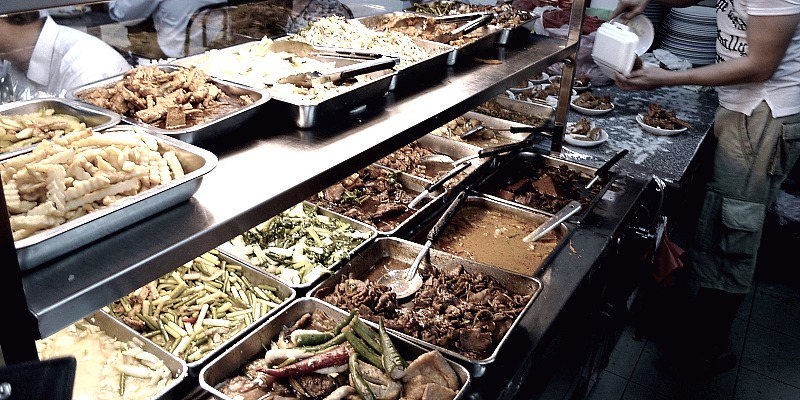
A bigger question now is: when will all this come to an end? When will the inflation slow down? Will the prices be stabilised and stop climbing?
No doubt the government has taken some actions to alleviate the economic burden of Malaysians, such as fixing ceiling prices for essentials as well as distributing cash aids to lower-income communities.
The thing is, the government must ensure adequate supply of food, otherwise it will be hard to stop the prices from rising further under market forces.
Moreover, distributing cash aids is not a good way of addressing the problem and given the health of the treasury at this moment, we simply cannot afford to keep providing handouts.
As of 15 July, Bank Negara’s foreign reserves stood at US$107.0 billion (RM476.5 billion), the lowest since December 2020. And as of end of June, the government’s debt stood at RM1.045 trillion or 63.8% of GDP.
Luckily not every piece of news is bad news. Ukraine and Russia signed an agreement last Friday to allow grains from both countries to be exported through the Black Sea to mitigate the global food crisis. As a consequence, wheat prices fell back to levels before the Russian invasion. This believably will help tame the inflationary pressure.
At a time Malaysians are hard pressed economically, the 2021 Malaysia Happiness Index (MHI) released by the Statistics Department shows that Malaysians remain largely happy despite the pandemic and economic crisis.
According to the report, the country logged an MHI of 6.48 last year, with the worst performing states Selangor and Melaka only “moderately happy” while the people in Labuan were the happiest.
Everyone aspires to live a happy life. Who doesn’t? But being happy is not just a subjective feeling but should include also access to the most fundamental needs such as food. If prices keep climbing, Malaysians will soon lose their sense of happiness.
By the way, how to feel happy if we have to dig deeply into our pockets to satisfy our most basic needs?
ADVERTISEMENT
ADVERTISEMENT






